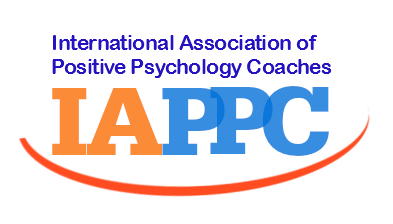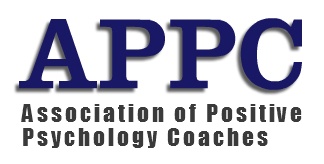.
I want you to be among the first to know about the new Pioneers of Positive Psychology Coaching Series. Graduating members of the Part 2, Master Level, Certified Positive Psychology Coach Program will be leading one-hour webinars on how they are coaching their niche/specialties with positive psychology.
This year there is a special focus on coaching through the pandemic.These webinars are open to the public. We have three coaches presenting this year.
Register for these fre*e webinars today...
Pioneer Series: Coaching Entrepreneurs Through Uncertain Times
Are you an entrepreneur who has been impacted by the pandemic? Or are you a coach who coaches entrepreneurs? Or are you interested in positive psychology coaching? You won't want to miss this fascinating webinar with positive psychology coaching pioneer, Shatay Trigère, CPPC.
This is the first webinar in SCM's 2021 Pioneer Series. Open to everyone for fre*e. Seating is limited. Register separately for each webinar in the series.
Fri, Apr 30, 2021 1:00 PM - 2:00 PM EDT
Register for Coaching Entrepreneurs Through Uncertain Times
Pioneer Series: Nutrition Coaching Through an Intuitive Eating Lens
Have you been eating to soothe your anxieties through the pandemic? That is extremely normal, but leads to added stress around weight gain, body image, feelings of being out of control and negative self-talk. If you're curious how a positive psychology coach and dietician assists her clients through these issues, you won't want to miss this informative webinar with Dr. Leigh Wagner, CPPC.
This webinar is part of SCM's 2021 Pioneer Series. Open to everyone for fre*e. Seating is limited. Register for separately each webinar in the series.
Fri, May 7, 2021 1:00 PM - 2:00 PM EDT
Register for Nutrition Coaching Through an Intuitive Eating Lens
Pioneer Series: Becoming Positively YOU
During this presentation you will be introduced to a coaching framework and personal development workbook called Positively YOU. Positively YOU describes someone who understands and appreciates what makes them unique, and empowers them to live into their perfect and whole self. The goal of Positively YOU is to provide insights that will move individuals from living by default to living with intent. Don't miss this exciting webinar with Positively YOU creator, Stephanie Scott, CPPC.
This webinar is part of SCM's 2021 Pioneer Series. Open to everyone for free. Seating is limited. Register separately for each webinar in the series.
Wed, May 12, 2021 5:00 PM - 6:00 PM EDT
Register for Becoming Positively YOU
I know you will want to attend and learn from these exciting webinars. And they are fre*e! Register right away to reserve your seat.
Want to become a positive psychology coach? Here's what our graduates have to say about our programs. Join Part 1 of the Certified Positive Psychology Coach Program, become a great coach with a thriving business and move up to Part 2, the master level, when you are ready, and become a leader in positive psychology coaching. Visit our site for more info or make an appointment here to find out how you can join.



















